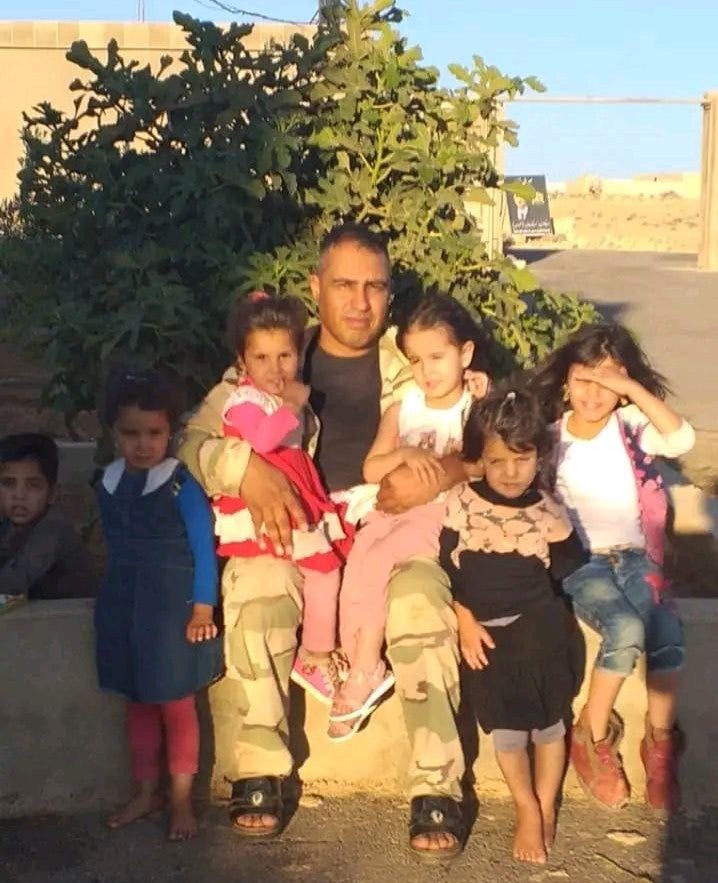The Airstrike Targeting a Drug Smuggler in South Syria
As regional countries increasingly move towards normalisation of relations with the Syrian government, it is apparent that one of the driving hopes behind normalisation is that engagement with the government will help to combat the growth in the trade of captagon and similar drugs being produced in and smuggled out of Syria. Although some of the estimates of the value of this trade for Syria are wildly inflated, it can be said qualitatively that production and smuggling of drugs have increased in recent years and that regional actors are understandably concerned about it.
Some days ago, a rather extraordinary incident took place in which an airstrike struck a house in the village of al-Sha‘ab in eastern countryside of al-Suwayda’ province and near the border with Jordan, killing a man called Mari‘i Ruwayshad al-Ramthan, his wife and their six children. No side has officially claimed the airstrike, though there are suspicions it was the work of the Jordanians, who are most concerned about the drug trade considering that Jordan is Syria’s immediate southern neighbour and thus has witnessed an upsurge in drug smuggling into its territory.
The rumour is that Mari‘i was a leading figure in drug smuggling in the south and was linked to Hezbollah. Subsequently, a statement has appeared in the name of the “al-Ramthan tribe” in al-Sha‘ab, condemning the airstrike for killing him and his family while not denying that he was involved in drugs smuggling- a phenomenon attributed (not unreasonably, in my view) to the poor economic situation and living standards.
Regardless of Mari‘i’s involvement in drug smuggling, the airstrike itself raises questions of justification and morality. How can an airstrike be justified in this case to kill his wife and children as well?
A photo of Mari‘i and (presumably) his six children
Below is the statement from the “al-Ramthan tribe” translated.


